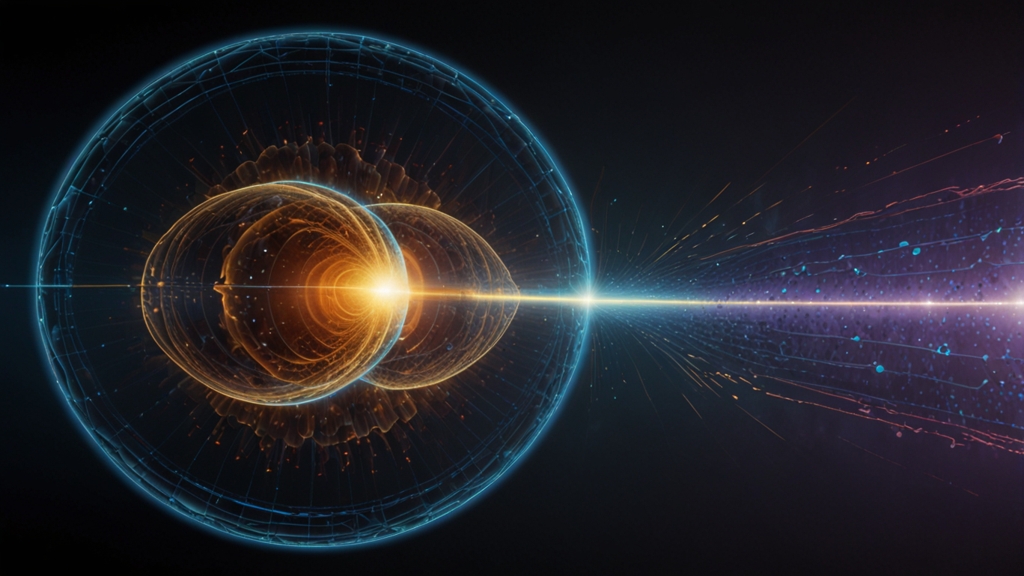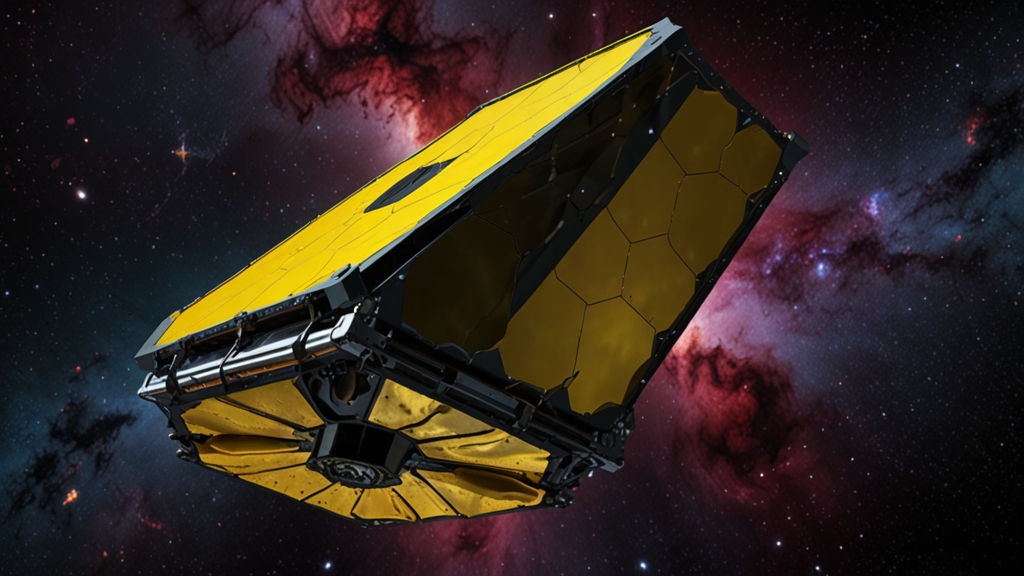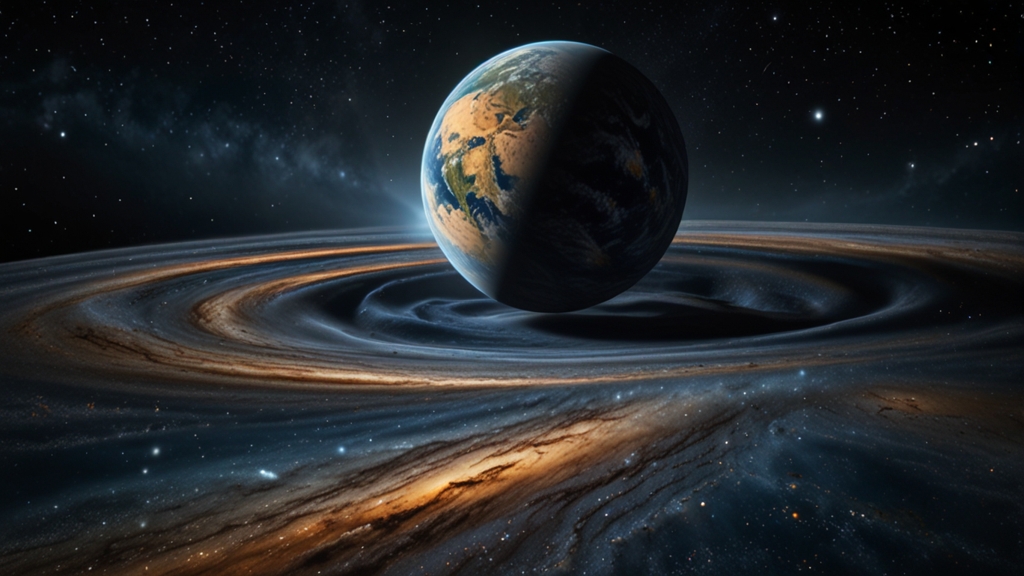From Genesis to Modern Myth: The Evolution of Creation Narratives
The story of how the world began is a fundamental element of human culture, a tapestry woven with threads of myth, religion, and science. Creation narratives serve to elucidate our place in the universe, offering a framework for understanding the mysteries of existence. From the religious doctrines of ancient civilizations to contemporary reinterpretations in popular culture, the evolution of creation stories reflects the ever-changing landscape of human thought and belief.
Ancient Myths: The Foundations of Creation Narratives
In the annals of ancient civilizations, creation myths are abundant and diverse. The Mesopotamian "Enuma Elish," written around the 18th century BCE, recounts the cosmic battle between the god Marduk and the primordial sea goddess Tiamat, leading to the formation of the world from her dismembered body. Similarly, in ancient Egypt, creation is often attributed to the god Atum, who brought forth the elements of the world through divine will and utterance.
"In the beginning, when God created the heavens and the earth..." — Genesis 1:1
The biblical account in Genesis is perhaps the most well-known creation story, influencing numerous cultures and religions. It depicts a monotheistic god who creates the world in six days, resting on the seventh. This narrative has profoundly impacted Western thought, art, and literature, establishing a blueprint for monotheistic creation myths.
Philosophical Interpretations: Bridging Myth and Reason
As human societies evolved, so did their interpretations of creation. The ancient Greeks attempted to reconcile myth with philosophy. Plato, in his dialogue "Timaeus," describes a divine craftsman or "Demiurge" who orders the cosmos out of chaos. This reflects a shift from mythological to more philosophical and rational examinations of existence.
Similarly, in Eastern traditions, creation narratives often merge with philosophical doctrines. The Hindu texts describe the universe's creation through the cosmic dance of Shiva or the timeless infinite cycle of creation, preservation, and destruction embodied in the concept of Samsara. The fluid and cyclical nature of these stories offers a stark contrast to the linear progression seen in many Western myths.
Scientific Revolution: The Birth of Empirical Cosmology
The advent of the scientific revolution brought a paradigmatic shift in how humanity perceives the origins of the universe. Empirical observations and theoretical physics began to challenge and, in some cases, supplant traditional creation myths. The Big Bang theory, for instance, postulates that the universe expanded from a singularity approximately 13.8 billion years ago, a narrative supported by observational evidence such as cosmic microwave background radiation.
"Science without religion is lame, religion without science is blind." — Albert Einstein
Despite the tension between scientific and religious explanations, many find ways to harmonize these perspectives. Theologians and scientists alike endeavor to bridge the gap, suggesting that scientific discoveries can complement, rather than contradict, spiritual beliefs.
Modern Myths: Creation in Popular Culture
In contemporary society, creation narratives continue to evolve, finding new expressions in literature, film, and other media. Stories like J.R.R. Tolkien's "The Silmarillion" or the universe-building in Marvel and DC comics grapple with creation themes, resonating with audiences worldwide. These modern myths often blend elements of ancient stories with contemporary ideas, creating a rich tapestry that reflects the complexities of modern thought.
Moreover, contemporary retellings of creation are not confined to fiction. Environmental movements, for instance, craft new narratives emphasizing humanity's responsibility in the ongoing creation and stewardship of the Earth. These modern myths underscore a collective consciousness that seeks to understand our origins, responsibilities, and destiny within an interconnected world.
Conclusion: The Eternal Quest for Meaning
The evolution of creation narratives is a testament to humanity’s eternal quest for meaning. From ancient myths to modern interpretations, these stories not only seek to explain how the world began but also strive to define humanity's place within it. As our understanding of the universe continues to expand, so too will the stories we tell. Creation narratives, in all their forms, remain a vital part of our cultural and intellectual heritage, embodying the boundless curiosity and creativity of the human spirit.










